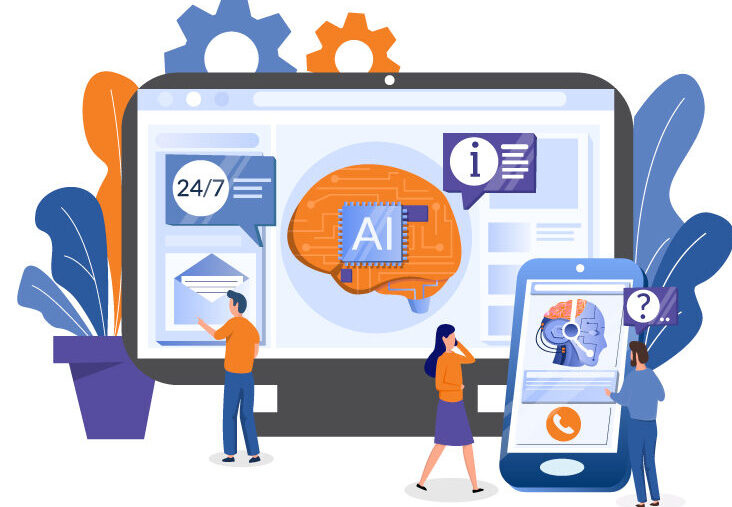Artificial Intelligence (“AI”), the “intelligence of machines/software instead of people,” is increasingly used in the workplace.
AI can streamline certain employment tasks, including the hiring process. Employers, however, should be aware of AI’s potential legal risks.
For example, the use of AI in hiring can result in potential exposure to discrimination claims.
AI tools in the hiring process include resume scanners, video interviewing technology, and software that tests and rates applicants according to test results.
These AI programs could unintentionally produce discriminatory results, opening employers to potential charges of employment discrimination under either Title VII of the Civil Rights Act or the Americans with Disabilities Act (“ADA”).
Title VII discrimination can occur unintentionally if an employer uses hiring selection procedures that disproportionately exclude people based on certain classifications for reasons unrelated to the position, without a business necessity.
Discrimination, for example, could be found if an AI tool develops an algorithm that incorrectly identifies a correlation between an applicant’s specific trait and job success.
This happened to Amazon when it used an AI hiring tool that excluded female job applicants from a technical position because their resumes did not match those of the predominantly male technical employees actively employed at the time.
The ADA prohibits discrimination on the basis of disability and requires employers to provide reasonable accommodations to applicants/employees with disabilities unless doing so would cause undue hardship.
The U.S. Equal Employment Opportunity Commission (“EEOC”) has issued guidance for employers using AI.
It recommends employers conduct ongoing self-analyses of their employment practices and periodically test AI tools for discriminatory results.
Employers should also ask prospective vendors using AI about their steps to protect against discriminatory results.
In addition to the above steps, employers should train staff to process reasonable disability accommodation requests, including alternative non-AI testing.
Employers should also ensure that any AI tool that is used only measures abilities or qualifications necessary for the specific position at issue.
Employers should further confirm with potential AI vendors that no algorithm invokes disability-related questions that could violate the ADA.
Image: coamplifi.com






